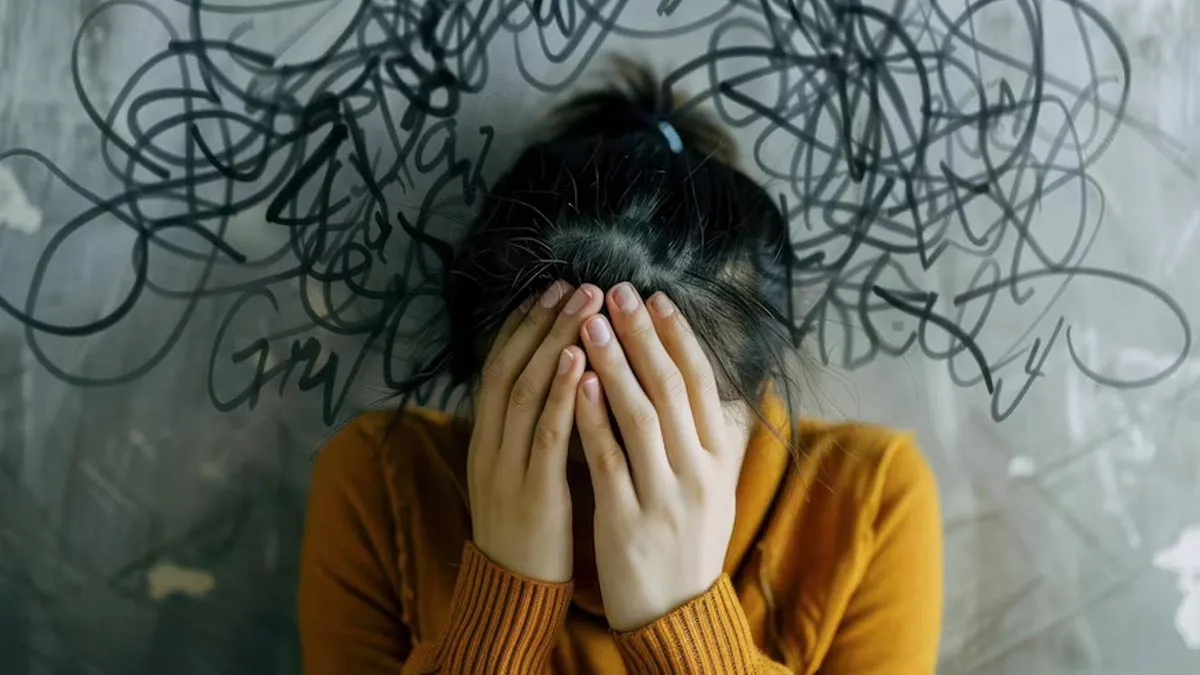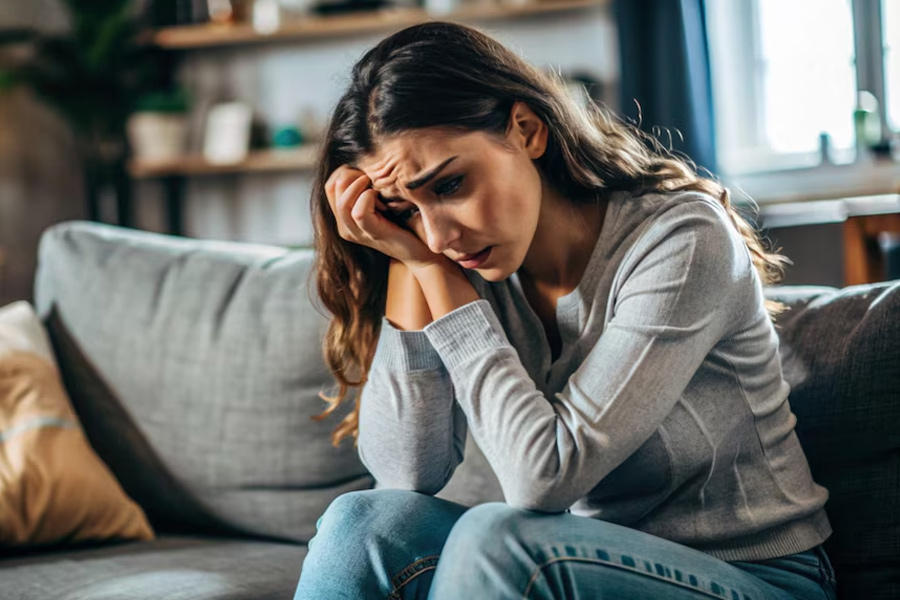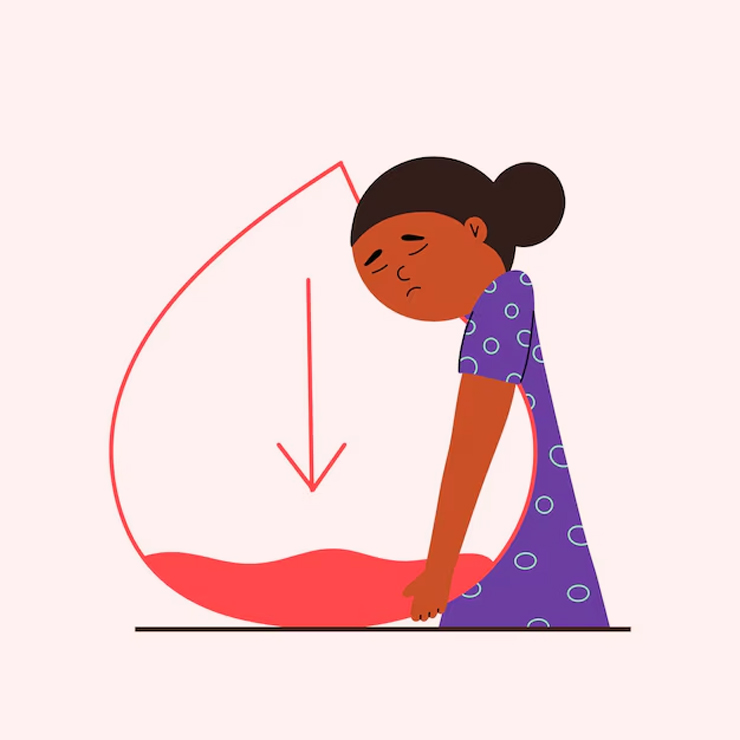
We’ve all been there, standing at a crossroads, faced with a decision, and unsure if the voice in our head is a gut feeling or anxious overthinking. While both anxiety and intuition are powerful forces, they come from very different places in the mind. Therefore, understanding the difference is important for making healthier choices, building confidence, and maintaining mental well-being.
Table of Content:-
CHECK YOUR
MENTAL HEALTH

To help clarify the often-blurry line between anxiety and intuition, we reached out to our expert, Priyanka Kapoor, Psychotherapist and Family Counsellor, Mumbai. She explained how to tell the difference, when it’s worth worrying about, and how to handle it better. Here’s her insight.
What Is Intuition?
Intuition, often referred to as a gut feeling, is an unconscious cue that stems from past encounters, information, and subtle hints our mind perceives. It generally feels calm, stable, and balanced instead of hectic or suffocating. Studies suggest that intuition assists in making decisions when reason alone won't do, providing an impression of clarity that feels solid.
What Is Anxiety?
“On the other hand, anxiety is rooted in fear and anticipation of negative outcomes,” Kapoor said. It often feels urgent, repetitive, and overwhelming. Unlike intuition, which passes once you’ve acknowledged it, anxiety can linger, leading to racing thoughts, physical symptoms (like a pounding heart or tight chest), and indecision.
Also Read: Hidden Inflammators: 7 Everyday Foods That Quietly Trigger Bloating & Fatigue

Key Differences Between Anxiety and Intuition
According to Kapoor, here are a few checkpoints that can help you identify when it's anxiety and when it's intuition.
1. Emotional Tone
Intuition: Feels calm, clear, and steady.
Anxiety: Feels loud, fearful, and panicked.
2. Timing
Intuition: Shows up rapidly, nearly at once, in the form of a gentle whisper.
Anxiety: Compiles over time and repeatedly replays "what if" scenarios.
3. Body Cues
Intuition: Can be a gentle inner sense or slight physical sensation (a soft pull, warmth, or lightness).
Anxiety: Shows up as tension, restlessness, racing heart, or queasiness.
4. Clarity vs. Chaos
Intuition: Provides guidance, even if it's a step in the right direction.
Anxiety: Muddies thinking and confuses, making choices more difficult.
Also Read: Double Trouble: How Monsoon Viruses and Rising Pollution Are Choking Our Lungs

Expert Advice to Distinguish Between Them
Kapoor also advised a few ways that help her. These include:
- Look at the Energy: When the thought is quiet and straightforward, it's intuition. When it's frantic and spins out into several fears, it's anxiety.
- Observe the Persistence: Intuition doesn't linger; it shows up once and feels finished. Anxiety reappears and insists on attention again and again.
- Ground Yourself: Breathe deeply a few times, meditate, or write in a journal. Once your body feels relaxed, intuition is easier to spot.
- Observe the Pattern: Anxieties tend to be accompanied by worst-case-scenario thinking. Intuition does not usually predict catastrophe; it just indicates a direction or choice.
- Ask a Professional for Help: If anxiety tends to dominate your capacity to trust yourself again and again, a mental health practitioner can assist you in developing coping mechanisms.
Bottomline
Misunderstanding anxiety for intuition can trap you in patterns of fear or cause bad decisions that aren't in your long-term best interest. Being able to identify and trust your intuition, with the ability to handle anxiety, gives you the power to make healthier, clearer life decisions.
Also watch this video
FAQ
1. Can anxiety sometimes feel like intuition?
Yes, anxiety can masquerade as intuition, but the emotional tone is different; intuition is soothing and simple, whereas anxiety is fear-provoking and suffocating.2. How do I develop my intuition?
Mindfulness, meditation, journaling, and slowing down your decision-making process can help you become more attuned to your intuitive cues.3. When do I need professional help?
If anxiety regularly disrupts daily activities, distorts your judgment, or provokes bodily symptoms, it's a good idea to seek a mental health professional.
How we keep this article up to date:
We work with experts and keep a close eye on the latest in health and wellness. Whenever there is a new research or helpful information, we update our articles with accurate and useful advice.
Current Version
Sep 26, 2025 13:53 IST
Modified By : Tanya SrivastavaSep 26, 2025 13:53 IST
Published By : Tanya Srivastava
